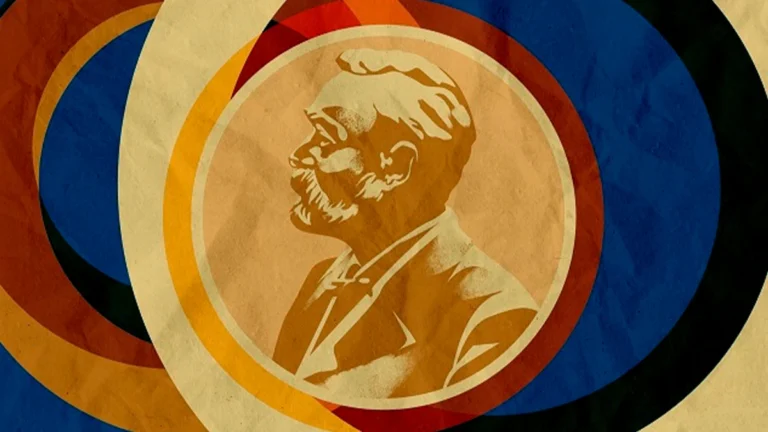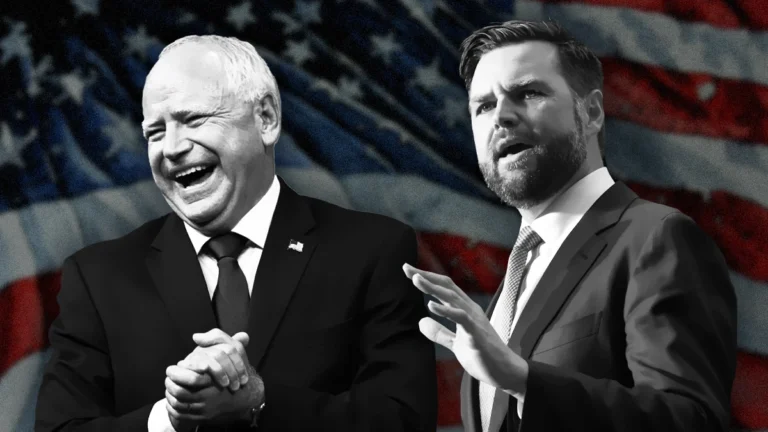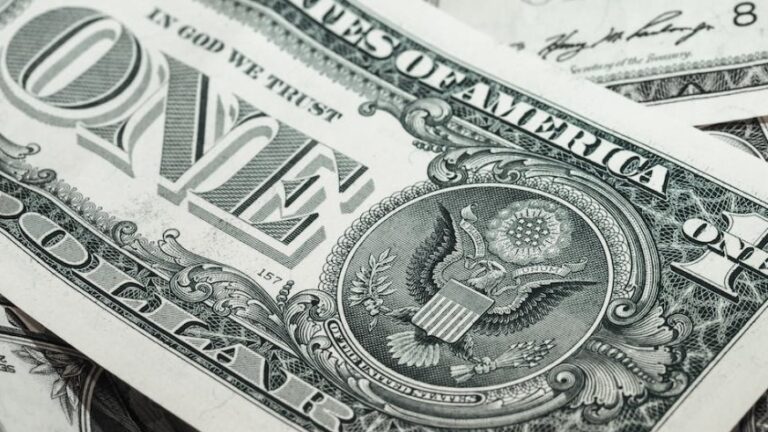In a world increasingly aware of its environmental impact, the concept of zero waste living has emerged as a beacon of hope and change. The term “zero waste” goes beyond a mere trend. It embodies a philosophy that challenges our traditional consumption patterns, encouraging individuals to adopt sustainable practices for the betterment of our planet.
At its core, zero-waste is a philosophy that aims to minimize the generation of waste, particularly non-biodegradable and non-recyclable materials. The goal is not necessarily to produce absolutely no waste but to reevaluate our consumption habits, focusing on reducing, reusing, and recycling to divert as much waste as possible from landfills and incinerators.
A cadre of influencers has emerged as beacons of sustainable living, championing the no waste movement. These individuals have not only embraced a lifestyle that leaves minimal ecological footprints but have also catalyzed change on a global scale.
Table of Contents
Best zero waste influencers to follow
1. Bea Johnson (@zerowastehome)
At the forefront of the no waste revolution, Bea Johnson’s influence extends far beyond her viral hashtag. Her book, “Zero Waste Home,” and practical, down-to-earth tips have empowered individuals worldwide to adopt a waste-free lifestyle, demonstrating that sustainable living is not just a choice but a feasible and rewarding journey.
2. Lauren Singer (@trashisfortossers)
Lauren Singer’s iconic mason jar filled with years’ worth of trash has become a symbol of achievable sustainability. Founder of “Trash is for Tossers” and the Package Free shop, Singer’s commitment to waste reduction has transformed how people perceive and manage their daily consumption, emphasizing the significance of conscious consumer choices.
3. Kathryn Kellogg (@going.zero.waste)
Kathryn Kellogg, through her blog and Instagram presence, has become a go-to source for practical tips on leading a zero-waste lifestyle. From sustainable swaps to waste reduction strategies, Kellogg’s informative content resonates with those seeking accessible and actionable steps towards a greener, more responsible way of life.
4. Tara McKenna (@zerowastenerd)
Tara McKenna, known as Zero Waste Nerd, stands out for her expertise in DIY projects and a commitment to sharing valuable insights for waste reduction. Her approachable content caters to individuals at all stages of their sustainability journey, breaking down complex ideas into manageable steps.
5. Max La Manna (@maxlamanna)
A zero-waste chef and environmental advocate, Max La Manna has demonstrated how conscious eating can contribute to waste reduction. Through his platform, La Manna inspires followers to minimize food waste and adopt sustainable practices in the kitchen, proving that sustainable living can be both delicious and nourishing.
The principles of zero-waste
1. Refuse: The first principle is to refuse what we do not need. This involves saying no to single-use plastics, unnecessary packaging, and disposable items that contribute to our throwaway culture.
2. Reduce: Embracing a minimalist mindset, no waste living encourages the reduction of overall consumption. By being mindful of our purchases and opting for quality over quantity, individuals can significantly decrease their environmental footprint.
3. Reuse: The third principle emphasizes the importance of reusing items to extend their lifespan. This involves finding creative ways to repurpose goods and investing in durable, long-lasting products.
4. Recycle: While recycling is a key component of this lifestyle, it is crucial to prioritize the other principles first. Proper recycling ensures that materials have a chance at a second life rather than contributing to pollution.
5. Rot: Composting organic waste is a fundamental aspect of zero waste. By returning nutrients to the soil, individuals actively participate in closing the loop of the consumption cycle.
While the principles of zero-waste living are straightforward, challenges can arise in a society built on convenience and excess. However, with a growing community of advocates and influencers providing practical tips and solutions, the journey towards zero waste becomes more accessible and manageable.
Read also: The 5 best books to read to learn about the green economy












